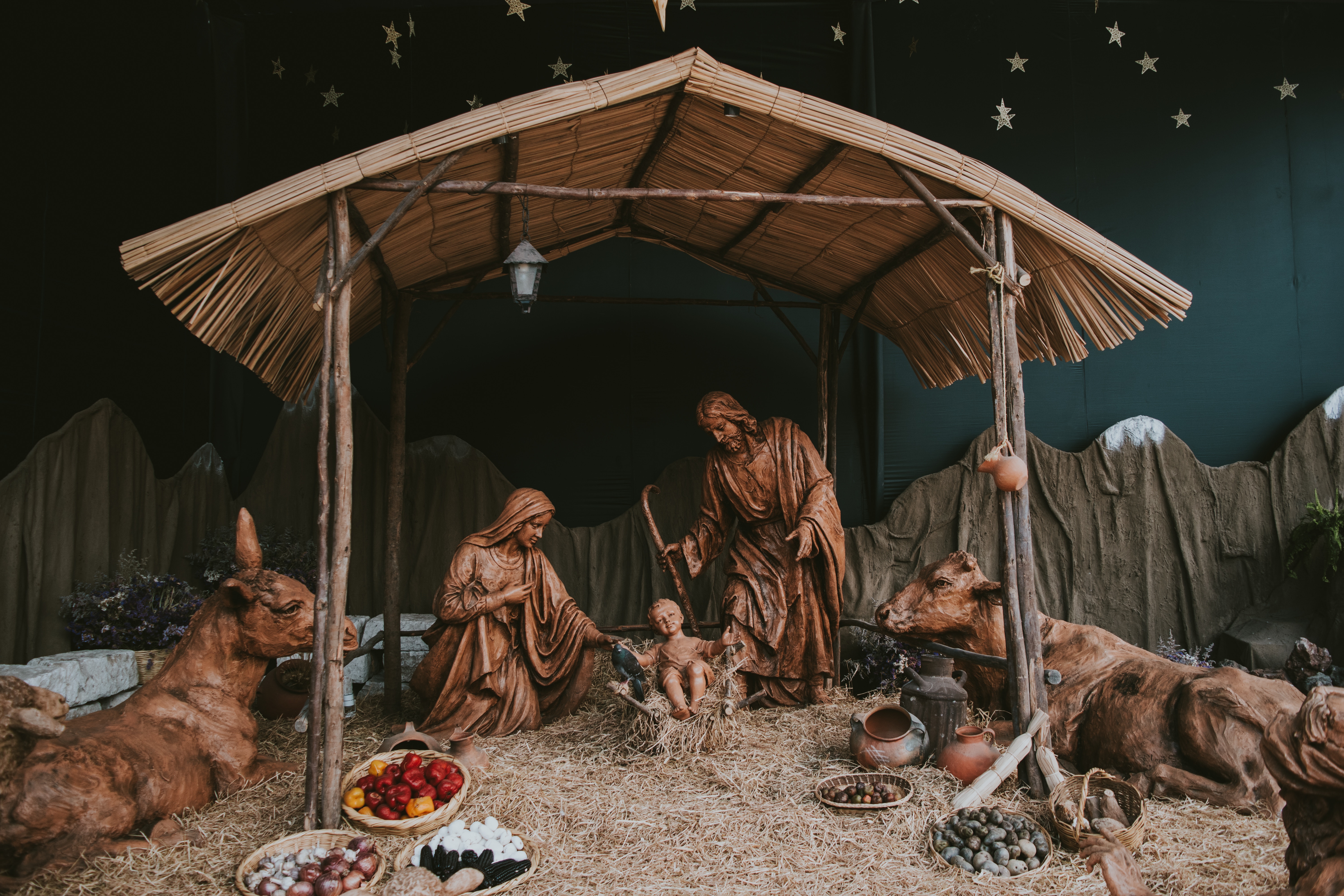Christmas is the celebration of Jesus’ birth, and we celebrate it on December 25 – so that must mean that Jesus was born on December 25, right? It seems that would be the logical conclusion, but the truth is that we simply don’t know the exact date Jesus was born. So how did Christmas land on the 25th of December?
Recently on The Patrick Madrid Show, Patrick detailed some of the reasons we celebrate Christmas when we do. In response to a listener whose friend told her that Jesus wasn’t really born in December, Patrick said:
“We don’t know the exact date that Jesus was born. So, you might say, why do we celebrate the Lord’s birthday on December 25? There are a couple of reasons for that. The first one is that very early on, going back to about 180 or 181 AD, we have Church Fathers such as Theophilos saying that our understanding is that Jesus was born on December 25.
You see mentions of this among the Church Fathers, not many, and you don’t start seeing them until the mid-2nd century. But we see them saying that we understand, or we think, that as far as we know Jesus was born on December 25. Now, that doesn’t mean that He was, but that was the perception that they had. So by the time you get to the 300s or so, the momentum is gathering in the early Church that Jesus was born on or around December 25.
Now, the Church doesn’t say you must believe He was born on December 25. The Church simply says that we celebrate His birth on December 25. It’s not a statement of doctrine. The fact that we celebrate the Lord’s birth on December 25 doesn’t mean the Church is saying you must believe that was the exact date He was born on. That would be a misunderstanding.
So you can say to your friend that you can say that He wasn’t born on December 25, but you can’t say that He was born on some other particular date – because we just don’t know. We have to go on the best evidence we’ve got. So a lot of that has to do with the testimony of the early Church celebrating His birth on December 25. That wasn’t universal, at least not at first. But eventually it became universal. And there were differences between the East and the West and the calendars and things like that. That’s all a separate subject that happened later.
But another reason, and this is a very important one, is that there were festivals called ‘Saturnalia’ that celebrated pagan gods – and one in particular, Sol Invictus, the Unconquerable Sun. And so it was common for the pagans to celebrate the birthday of their god on December 25. And it just so happened to coincide with when the early Christians thought Jesus might have been born.
So another reason, and this is a great pastoral reason, is that there were a lot of pagan folks who have converted to the Catholic Church, they have been baptized, but in a lot of respects they’re still pagan. They still have their pagan ways and their pagan superstitions. That was one part of it.
And also, you have all this celebration in the form of the pagans with Saturnalia on the 25th of December. So, wisely I believe, the Catholic Church decided early on that was when we would celebrate the birth of Jesus, so that the people who maybe are weak in their faith will focus on what is true. And that is Jesus Christ, God and man. So that was a strengthening pastoral move for them.
Also, it was a way for them to siphon away some of the people who might have been on the fence, not sure what they believed in. To have them recognize, ‘Hey, those Christians are celebrating the birth of Jesus. Let me find out more about that.’
So there are several different issues at play there, but those are things you can share with your friend. Just point out that we celebrate it on the 25th but that doesn’t mean the Church says, with scientific exactitude that it is the day Jesus was born.”
Listen to the full conversation below:
The Patrick Madrid Show airs weekdays from 9:00 – noon Eastern/6:00 – 9:00 a.m. Pacific on Relevant Radio® and the Relevant Radio App.

